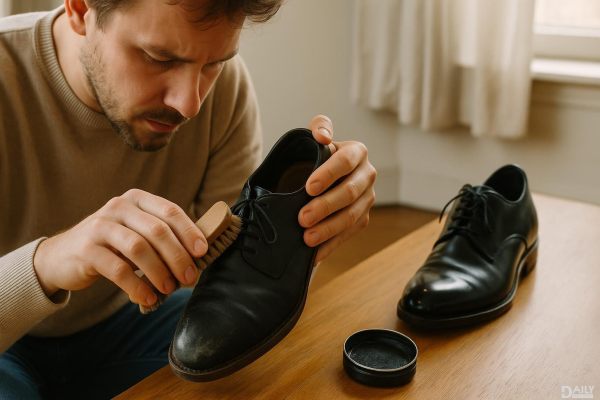Ever wake up feeling like you just lost a wrestling match with your own mattress? You're not alone. Sleep posture is one of those things most of us don't think about until something hurts—whether it's a stiff neck, a sore back, or that weird crick you get when you sleep in what your partner swears is "a position that defies human anatomy." The truth is, while experts suggest that keeping your ears, shoulders, and hips aligned might help prevent discomfort, plenty of people (myself included) sleep in what could charitably be called "creative" positions and still wake up feeling fine. So what gives?
The Myth of the Perfect Sleep Position
or at least, whatever position it’s used to. Dr. Rahul Shah, an orthopedic surgeon, puts it bluntly: "Your body will assume whatever position it finds comfortable or familiar based on your prior experience." So if you’ve been sleeping like a pretzel since childhood, suddenly forcing yourself into a textbook-perfect alignment might just leave you staring at the ceiling all night.
Pillows and Mattresses: The Real MVPs of Sleep Comfort
Before you start obsessing over whether you’re a back, side, or stomach sleeper, Dr. Shah suggests focusing on the real game-changers: your pillow and mattress. Think of them as the supporting cast that can make or break your sleep quality. If your neck and shoulders are constantly staging a protest in the morning, your pillow might be the culprit. Too flat? You might wake up with your head feeling like it’s been shoved forward all night. Too thick? Hello, neck strain. The key is experimentation—some people swear by memory foam, others need a pillow with a cutout for neck support, and some just want something firm enough to prop their head up without feeling like they’re resting on a brick.
Meanwhile, your mattress is like the foundation of a house—if it’s not right, everything else feels off. The University of Rochester Medical Center notes that there’s surprisingly little research on what type of mattress is "best" for back health, which means it mostly comes down to personal preference. If you’ve always slept on a firm mattress, switching to a plush cloud might leave you feeling like you’re sinking into quicksand. On the flip side, if your mattress is so old it’s basically a glorified hammock, even the most zen sleep position won’t save you from waking up with aches. Dr. Shah’s advice? Stick with what’s worked for you in the past. "This experience will serve as the best guide for the tools one needs to get the most restful sleep."
When to Worry (and When to Just Roll Over)
Here’s the good news: if you’re sleeping in a weird position but waking up pain-free, there’s probably no need to stress. Your body’s pretty good at self-correcting—if something’s uncomfortable, you’ll usually shift in your sleep without even realizing it. But if you’re consistently waking up with stiffness, numbness, or pain that sticks around like an unwanted houseguest, it might be time to dig deeper. Chronic discomfort could signal anything from poor pillow support to an underlying issue like spinal misalignment or even sleep apnea (which, by the way, can be worsened by certain sleep positions).
Instead of playing a guessing game with your sleep setup, Dr. Shah recommends consulting a doctor if pain is a regular occurrence. They can help rule out medical issues and might even refer you to a physical therapist or sleep specialist who can tailor recommendations to your body’s needs. Because let’s be real—no amount of TikTok sleep hacks or fancy pillows will help if there’s a bigger problem at play.
At the end of the day, sleep is deeply personal. What works for your best friend, your partner, or even some "expert" on the internet might not work for you. So unless your current sleep position is leaving you in agony, don’t feel pressured to fix what isn’t broken. And if anyone gives you side-eye for sleeping like a contortionist? Just tell them you’re practicing for your future career as a circus performer.
























